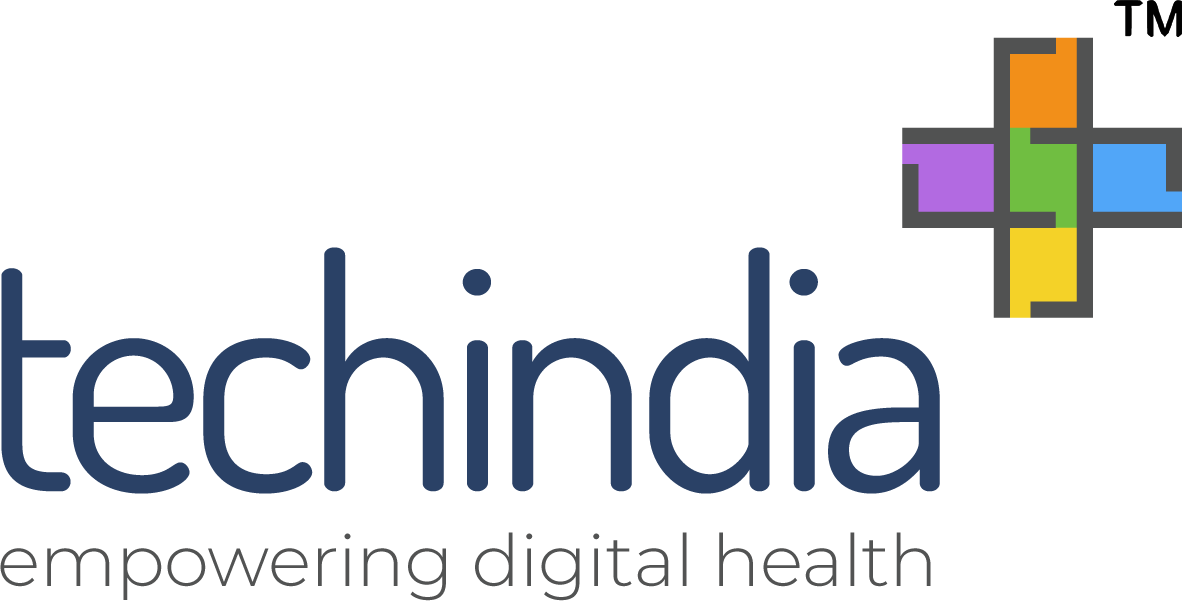- Posted: 05 Jul 2016
- Category: myblog
MOBILE HEALTH TECHNOLOGY: AIDING BETTER DECISION MAKING
Today, comfort is the foremost concern and the key feature of care for all healthcare providers. Whether physical distress or emotional anxiety, different patients have different needs and caregivers must consider all factors before they make a decision.
Taking a medical decision can be overwhelming. Even, if it is a collaborative process where patient and physician make the decision together, the problems are often complex. The intensity is higher when the illness in question is life threatening. Also, the information available is either the patient’s side of the story or the result of multiple tests/examinations conducted. There is always a chance that the decision is incorrect.
According to a survey by PWC, one-third of the physicians said that they make decisions based on incomplete information for over 70% of their patients. They feel that patient compliance and assessing the limited information provided to them is the biggest obstacle in providing efficient care. According to an analysis by Health Research Institute, only half the physicians surveyed said that they access electronic medical records (EMRs) while visiting and treating patients. In fact, 88% of the physicians have indicated that they would like patients to be able to monitor their own health and vital statistics.
With the advent of sophisticated mobile health solutions, things in the medical world are changing for the better. Physicians and consumers alike are taking to characteristics such as convenience, cost-effectiveness, data accuracy, new ways to manage care and better health outcomes that these applications offer.
On the flip side, there is the fear of too much information. Considering that most of these apps record minute-to-minute movement of the patient, the data that is being collected is enormous. While taking a medical decision, the physician wants to see only the important aspects in the data, not every minute detail recorded. In fact, too much information can slow down the decision-making process, as there is that much more data to sort through before arriving at a diagnosis. This is where services provided by companies like Techindia come into play; they not only monitor and collect the data, but also analyze and sort through it in a short span of time making the physician’s work easier.
Physicians have already begun to adopt this new advancement. According to the PWC report, physicians believe that they can reduce office visits by upto 30%. 56% said these devices accelerate their decision-making process and 40% said that it decreases administrative time. Among the consumers, 20% use these devices to monitor fitness, 18% are very specific that they want their doctors to consistently monitor their health, while 40% are willing to pay a monthly fee for the service. Majority of the consumers have indicated satisfaction post the use of mobile health devices, clearly signifying that these gadgets offer valuable benefits to both patients and physicians.
Mobile health solutions are becoming increasingly sophisticated. It is imperative for caregivers to adopt these technologies to provide effective care and stay ahead of competition.
Recent Post

We're helping some of the most respected names in healthcare deliver measurably better outcomes. Let us show you what personally Human & AI integrated solution can do for your organization. While filling the form, please fill in the information more specifically that you are looking for.
Thank you for your query! We will get back to you shortly!!

